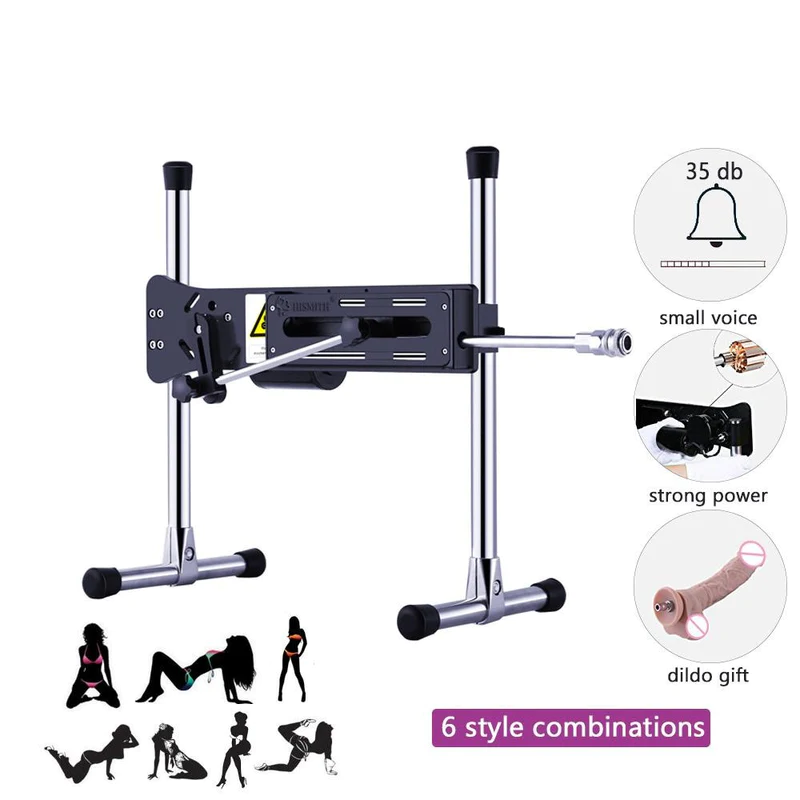If you’re considering getting a new credit card, thoroughly research the card you should apply for. The function of each card varies. You may pick from a variety of credit cards, including business cards, debt transfer cards, subprime credit cards, and travel cards. Before issuing a card, the bank or business that provides them evaluates your creditworthiness. In other words, whether or not your application for a credit card is approved depends on your score. They can determine from your score whether you’ll be able to make your bill payments on time or not. Currently, 39.1 percent of applications are approved.
Read More: Tom Von Reckers
Before you want to apply for the card of your choice, you should carefully review your profile. When applying for a credit card, you should keep the following in mind:
Review your credit history:
Your credit profile contains details on your finances, such as credit card debt, bank account debt, late payments, card use, mortgages, etc. Credit reporting organizations are readily contacted for this information. Before applying, carefully review your credit report. Banks or other lenders use all of this information to determine your creditworthiness. Typically, this rating falls between 300 to 850. You have a better probability of receiving your request for a credit card if your score is higher. If you discover any inaccurate information in your credit report, be careful to register a dispute and get it removed since it may have a negative effect on your credit score.
Income prerequisite:
You are more likely to get a card if your yearly income is greater or if you have more assets. This is because you have the financial means to pay back the debts without defaulting. Your yearly income, debts, assets, and other factors are examine to determine if you can afford a credit card. Choose a credit card with a limit that you can afford to reach in the event of unfavorable circumstances. Don’t apply for one unless you can handle the financial responsibility.
Selecting a card:
There are more possibilities for you to get authorize for a card if you choose one that fits your credit profile and financial capabilities. Therefore, it is crucial to examine various credit card kinds and comprehend their advantages and limitations. For instance, because they would have a poor credit score, students may choose student credit cards, businesses can choose business cards, etc. Simply choose the card that best suits your credit profile. You’ll acquire a credit card sooner if you make the right choice here.
Read also: Increase Your Chances of Credit Card Approval
Credit development:
You may start a credit development program if you believe your score is too low to qualify for it for yourself. Lenders and banks provide these services to help you raise your credit score. Through this program, you may endeavor to pay off past due accounts, enhance your credit history, and raise your chances of being approved for a new credit line. Additionally, you will discover good credit-building practices like paying more than the minimum on your credit card bills. Adding an authorized user, etc. This will not only improve your credit score but also help you identify any areas of weakness in how you manage your money. Read More: Tom Von Reckers
Pay off your debt:
A debt that is being collect does you no good. Your credit profile shouldn’t have a lot of debt on it if you want to increase your chances of receiving a card. If a business like Cedars Business Services contacts you, you have to pay off those obligations first. Ignoring these businesses won’t help you; they are there to assist you. Any temporary debt may be settle quickly by making the full payment. If you have any long-term debt, there shouldn’t be any payment defaults shown against that loan amount on your credit report. Any bank or lender will not provide you a credit card if you have a debt collection charge, late payments, payment failures, etc. These things will lower your credit score.






